Discovery Institute's Blog, page 17
December 13, 2016
Royal Society Meeting: What Evolutionists Say When They Think Nobody's Listening
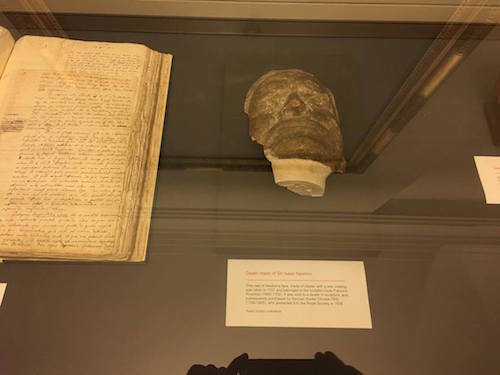
Over at CNSNews, Discovery Institute philosopher of biology Paul Nelson and I explain how the recent Royal Meeting meeting in London vindicated a major and provocative claim in Stephen Meyer's book Darwin's Doubt.
This is a modified version of something we wrote earlier here at Evolution News. We begin:
Scientists Confirm: Darwinism Is Broken
Darwinian theory is broken and may not be fixable. That was the takeaway from a meeting last month organized by the world's most distinguished and his...
Dean Kenyon and Academic Freedom -- A Case in Point
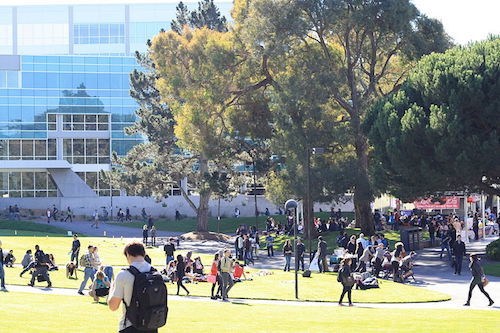
At the Center for Science & Culture, our mission includes advancing the scientific case for intelligent design and protecting academic freedom and freedom of speech.
In case after case, we have seen that the right of scholars to research and teach is vulnerable to dogmatism and intimidation. No one better illustrates this than Dean Kenyon, a San Francisco State University biologist whose story inspired a pivotal 1993 Wall Street Journal article by Stephen Meyer. This article, as John West r...
NASA on Trial: David Coppedge Fell Victim to Anti-ID Zeal at America's Space Agency
For sharing thoughts on intelligent design in a scientific or academic setting, you don't need a PhD after your name to fall victim to persecutory zeal. David Coppedge worked at NASA's Jet Propulsion Lab as a Team Leader computer administrator on the Cassini mission to Saturn. He had taken a shine to Illustra Media's series of documentaries laying out the evidence for ID in biology and cosmology.
Mr. Coppedge would loan these out to interested coworkers, including The Privileged Planet, whic...
Why Do Monkeys Not Speak? Because They're Not Human
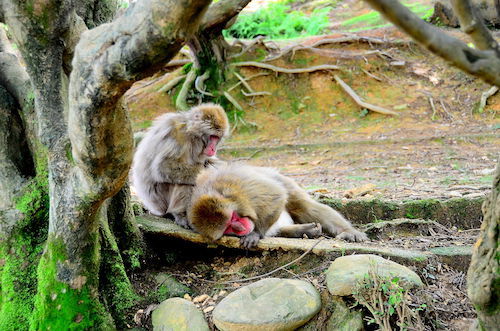
A study in Science Advances indicates that monkeys could speak -- they have the anatomic wherewithal, an adequate vocal tract -- if only they had the brains to go with it.
The miracle of the Darwinian mechanism is that it gives to creatures, or rather retains on their behalf, what is adaptive, that is to say, useful. So evolving the sophisticated equipment specially required for a skill your species will never develop seems a bit puzzling.
A talking monkey seems li...
December 12, 2016
Silicon-Based Life: If Scientists Repurpose an Enzyme, Is It Intelligent Design?
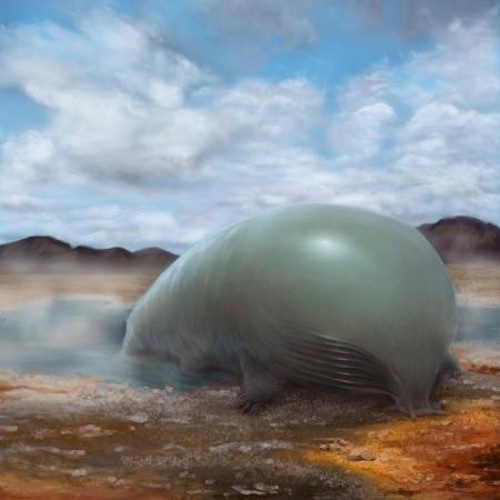
"Natural" is a curious word. It has many meanings. The design theorist distinguishes between natural and intelligent causes. But to a Darwinist, everything must be natural, because scientific materialists reduce everything (including their minds) to matter and energy. So on what basis can Hendrik F.T. Klare and Martin Oestreich offer the following title: "Teaching nature the unnatural"? Writing in Science, they describe a fascinating experiment in the same issue of the journal by Kan et al.
...December 11, 2016
Ethics and Embryo Research: Let the Promise-Breaking Begin (Again)
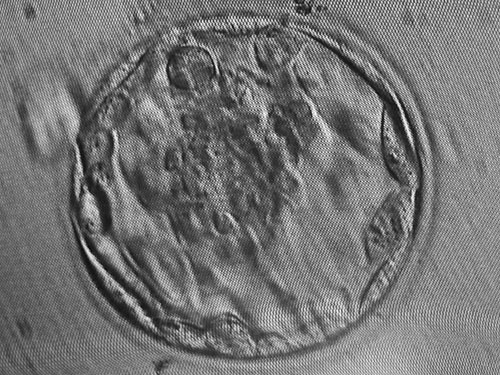
Over the last few decades, as I have debated issues of bioethics and biotech and observed the field, I have come to the conclusion that "the scientists" believe themselves entitled to do what they want, in the way they want -- regardless of whether the population they claim to serve accept what they are doing as moral or right.
Gainsay this, and you are branded with the dreaded pejorative, "anti-science." But expressing differences over ethics isn't the same thing as opposing the method. Of...
December 10, 2016
Daddy and Baby: Evolutionary Legends Die Hard

A colleague shares this gem from a get-together with friends:
I was hanging out with some friends last night and one of them is pregnant. Another gal in the group told her that her baby will look like the dad at first because this is a product of evolution -- a way to confirm paternity. Of course I knew it was a just-so story and here's an article in Scientific American actually admitting that. I just think it's interesting because they rarely admit stuff like that. This article is old, but...
December 9, 2016
Feathers on a Bird or Dinosaur Tail? The Media Are Certain; the Scientific Evidence Less So
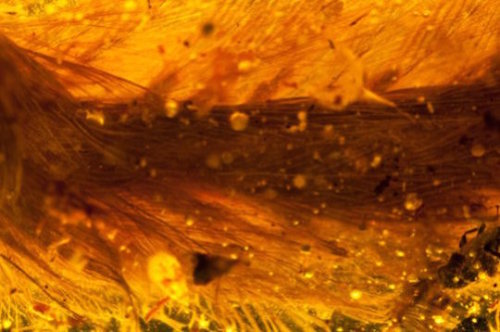
A section of a 99-million-year-old feathered tail discovered in a chunk of amber in Myanmar belongs to a juvenile dinosaur, a coelurosaur, not a bird. The media are certain of it. The actual evidence is more ambiguous. National Geographic pounds the pulpit for a feathered dino:
First Dinosaur Tail Found Preserved in AmberThe tail of a 99-million-year-old dinosaur, including bones, soft tissue, and even feathers, has been found preserved in amber, according to a report published today in the...
Currently Turned Against Pro-Lifers, French Totalitarian Impulse Can Easily Jump Oceans

Years ago when I was younger and more strident, I had a dinner conversation with a woman friend who, I realized too late, I didn't know quite as well as I thought. I should have understood that abortion isn't something to discuss like any other casual meal topic. I was stating a pro-life view when she suddenly put down her fork and left the restaurant. I found her crying outside and that was the end of the evening.
Was it asinine of me not to grasp that a woman, any woman, might have a painf...
When Embryos Sue

Embryos have, through their father, sued for the right to be born. From the story in People Magazine:
The legal battle between Sofia Vergara and her ex-fianc Nick Loeb over her frozen embryos continued Tuesday after a right-to-live lawsuit was reportedly filed against the actress on behalf of the fertilized eggs.
Court papers filed in Louisiana list the embryos as plaintiffs "Isabella" and "Emma," according to the New York Post's Page Six. The alleged suit asks that Loeb be given full custod...
Discovery Institute's Blog
- Discovery Institute's profile
- 15 followers




